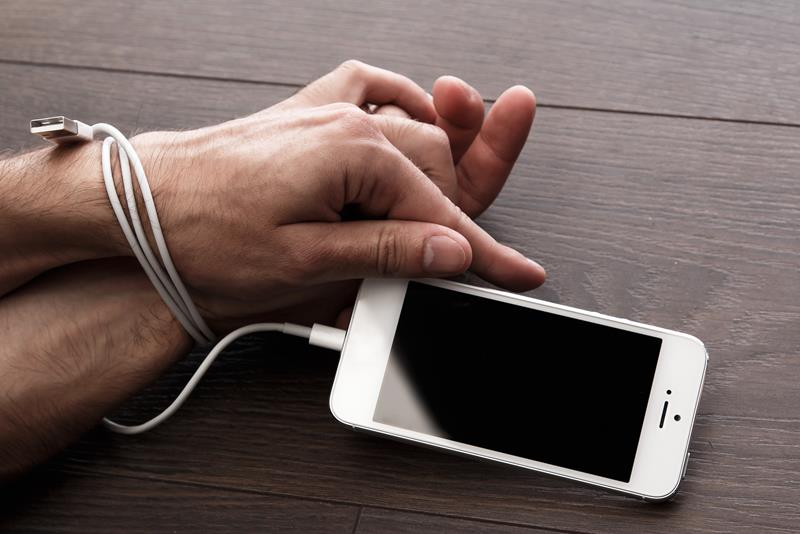
5 Internet Addiction Recovery Techniques to Bring Back the Life You Want
If you find yourself or a loved one spending an unhealthy amount of time online, know that you’re not alone. Internet addiction is affecting a greater number of the population with every year that passes.
People who have experienced long-term internet addiction have up to 20% brain shrinkage in the surface area of their brain, which is similar to what happens with an addiction to alcohol.
In fact, internet addicts who spend 10-12 hours a day online experience the same emotional and physical withdrawal symptoms that drug and alcohol addicts suffer when going through detox.
There is hope, these internet addiction recovery techniques can help you begin to get some much needed time away from screens.
What is Internet Addiction?
Internet addiction is being enslaved to being on the internet, whether from your smartphone, tablet, or computer, creating a psychological habit to be online. People who are addicted often find themselves online without having made the conscious decision to do so. Surveys in the United States and Europe have indicated that internet addictions are as high as 8.2% in the general populations and as high as 18% in some regions.
Signs of Internet Addiction
You may be addicted to the “screen” if you…
- Feel overwhelming anxiety, panic, and depression when you’re offline
- Checking social media every time something isn’t requiring your complete attention
- Waking up in the middle of the night and checking social media, personal blog, online game, etc.
- Compulsively create post after post for hours
- Interacting with fantasy figures in online games or focusing obsessively on an online relationship with someone you have never met
- Social metrics such as the number of likes, comments, or awards powerfully affecting your relationship with family and friends
- The need to immediately check alerts
- You always have an excuse for why you need to be on your phone, computer, tablet, etc
Kicking the internet habit or at least decreasing the amount of time you spend on the internet may be one of the toughest things you ever attempt to do. Choosing to live mostly offline instead of online requires a lot of determination and even more willpower.
Bring Back the Life You Want
5 Techniques used by therapists to help treat mild to moderate social media/internet addictions include:
- Rewarding yourself when you’re not scrolling your FB feed or checking text messages
- Since interacting on social media sites activates the same brain regions targeted by addictive drugs (the “pleasure/reward system”), rewarding yourself with something you love (a Starbucks mocha frappe, watching your favorite show) will give your brain the euphoric boost it craves.
- Resist the temptation to look at your phone when you are bored
- You know those times when you’re standing in line at Taco Bell or stuck in a traffic jam and you “think” you’re bored? You’re not really bored. You’re just giving in to the compulsion to check your messages or see somebody’s latest Instagram post. Try focusing your attention on what’s going on around you. Engage in people-watching. Compose the first line of a poem. Imagine what you’ll be doing when you’re 60 years old. Think about the vastness of the universe.
- Disable smartphone notifications
- Unless you’re waiting for an important phone call from someone who wants to give you a job making a million dollars a year, you don’t need to have your notifications on 24/7.
- Avoid the urge to check your phone at night and charge it in a room farthest from your bedroom
- You’ll be surprised at how much better you feel in the morning because you’ve gotten eight hours of uninterrupted, “screen-less” sleep.
- Log out of all social media platforms you regularly access
- The extra time it takes to log back in may help reduce the time you spend cyber-socializing.
If you are having trouble kicking the media habit, ask a friend for help, especially someone who also wants to logout of cyberspace and back in to the real world. For more information about social media addiction, visit the National Institutes of Health.
